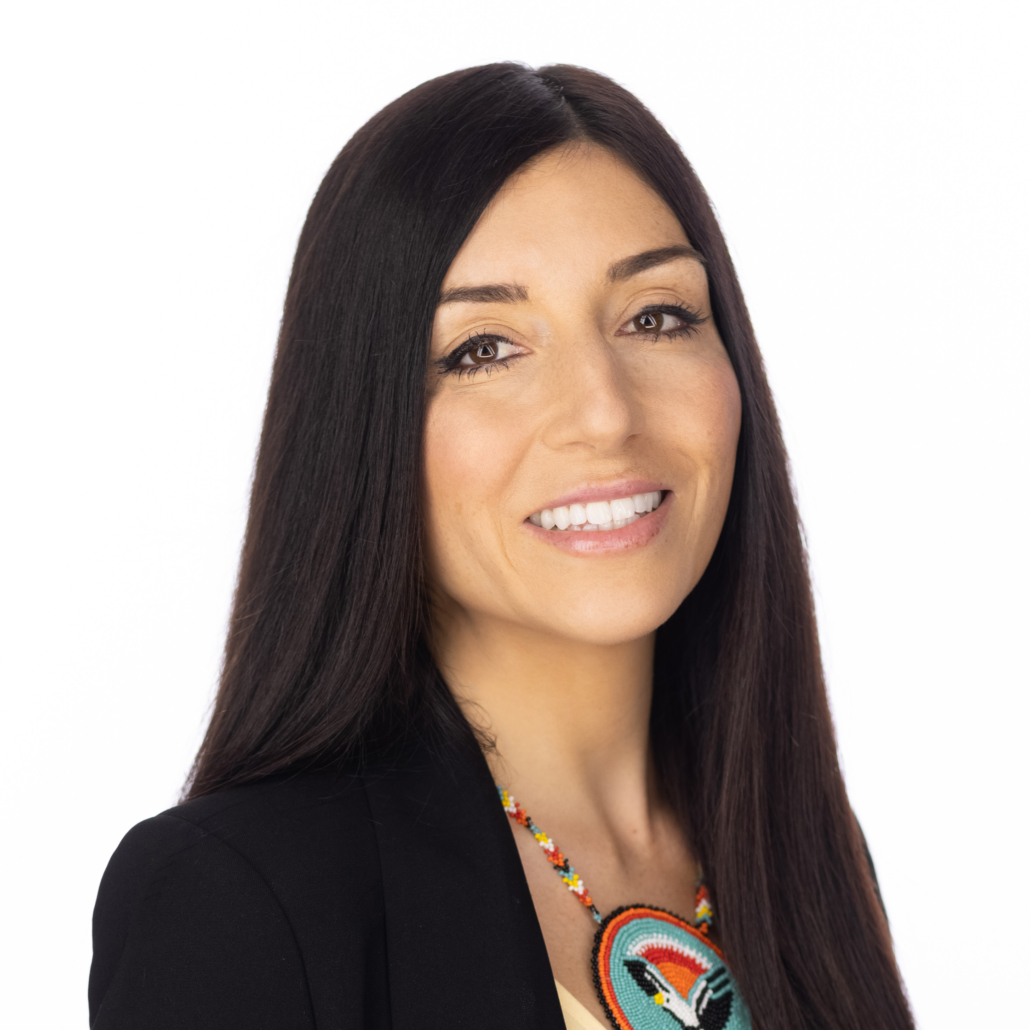Ending Health Inequity in one generation
A venture into the health care business became a family mission after adopting Aimee Brenkus’s nephews. Aimee and her husband Kurt were living in Ohio at the time and brought the boys to a place in the Midwest where there were no federally recognized tribes. If the boys, ages 7 and 9 needed health care, they had to drive to New York to receive it.
The adoption happened a few years after their son Kai had fallen ill with a severe respiratory virus at eight months old and had to be hospitalized. They experienced first-hand what it was like to be shuffled to the margins of the health delivery system because they were covered by an Indian health voucher.
“My husband said, ‘This is crazy,’” recalled Aimee, who is from the Oneida Tribe of Wisconsin. “So, he came up with a new way to help tribes with health care. Then I asked him, ‘Are you really going to tackle Indian health disparities?’ He said, “We have to.”
Soon after, the couple created Indigenous PACT. Kurt had worked as an entrepreneur building a well-recognized health care startup and had experience as an executive at United Health Care. In 2016, he began formulating a business model to solve operational issues and get tribes started in the expansion of health care through the Indian Health Service (IHS) model.
Health disparities among American Indians remain at an all-time high. American Indians have the highest rates of maternal and infant mortality, diabetes, heart disease, poisoning, suicide, as well as pneumonia and influenza. Overall, natives have a life expectancy less than the U.S. all-races population.
Tribes have come to Indigenous PACT for help enabling new health programs for their citizens like establishing a dialysis center, addressing the opioid crisis and building elders programs, while also untangling the various levels of state and federal health care laws and creating a system to tackle IHS billing.
“The goal is to achieve health equity in American Indian and Alaska Native communities in one generation,” Aimee says. “Indigenous PACT’s team serves the unique needs of each tribal community including geographic location, governance, history and values. Many tribal members from across the nation work at Indigenous PACT. We believe having Native people on our team creates a personal connection to the mission. That personal connection creates passion that cannot be synthesized.”
“As chair of the company, I use the principles of the Haudenosaunee (Oneida) faith as a guiding light. I take responsibility for the welfare of Indigenous PACT and the communities we serve,” Aimee said.




